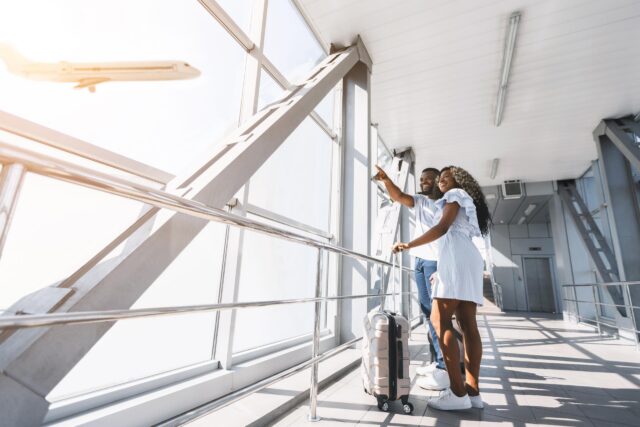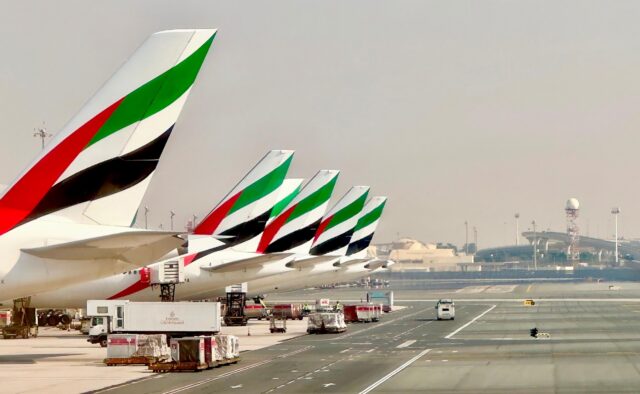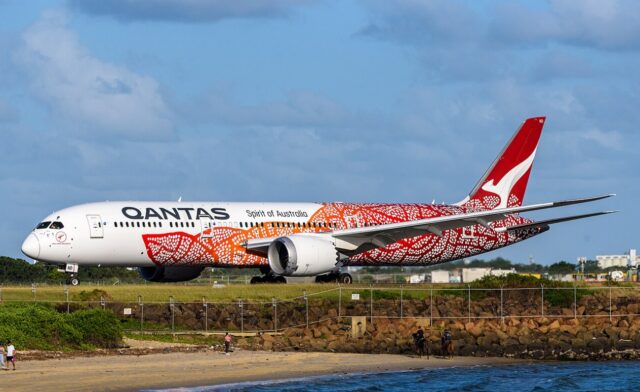Poorly managed airline disruptions put passengers off repeat travel

October 8, 2024

As World Aviation Festival (WAF) gets under way, CMAC Group has reiterated that airlines remain under increasing pressure to meet demand whilst tackling operational challenges.
With WAF taking place in Amsterdam from 8-10 October, CMAC Group, which is exhibiting at this year’s event, has found that passengers experiencing poorly managed delays and disruptions are less likely to travel with the respective airline again.
“As we kick off another WAF, we’re still seeing airlines under the same, if not more, stresses when it comes to managing delays and disruption,” said Peter Slater, CEO of CMAC, referencing the group’s 2023 consumer report on airline delays and cancellations.
The report found that delays remain a challenge for airlines with 78% of passengers experiencing delays, half of which last more than three hours. Slater’s comments at this year’s WAF underline that growth in passenger traffic will only exacerbate this issue further.
Rise in passenger traffic
Pointing out that global passenger traffic has risen 8% compared to July 2023, Slater added that alongside supply chain bottlenecks and airport capacity issues, this growth in traffic puts airlines under increasing pressure as they also face operational challenges.
Crucially, CMAC’s 2023 research which surveyed 1,100 UK adults who had taken at least one flight in the previous 12 months, found that 46% of passengers state their experience of poorly managed disruption makes them less likely to fly with the same airline again.
The human touch
One year on and “flight disruption is still a concern amongst travellers,” continued Slater. “Although technology has a huge role to play in airlines’ response to disruption, our research revealed that when travel plans are disrupted the overwhelming majority (82%) want to deal with human beings rather than automated solutions. It remains clear that winning consumer confidence and demonstrating a willingness to put things right when flights are cancelled or delayed -with a real person hand – is still key to giving airlines a crucial competitive advantage.”
Alongside having staff on hand to appease passengers, tools such as user-friendly apps and live dashboards enabling visibility and control when supporting customers during disruptions and delays were found to be beneficial.
“With the marked increase in passenger numbers this year, flight disruption is still a concern amongst travellers,” concluded Slater. “Airlines need to focus not only on punctuality but on ensuring passengers are well-supported when delays occur to ensure ongoing loyalty and satisfaction.”
















